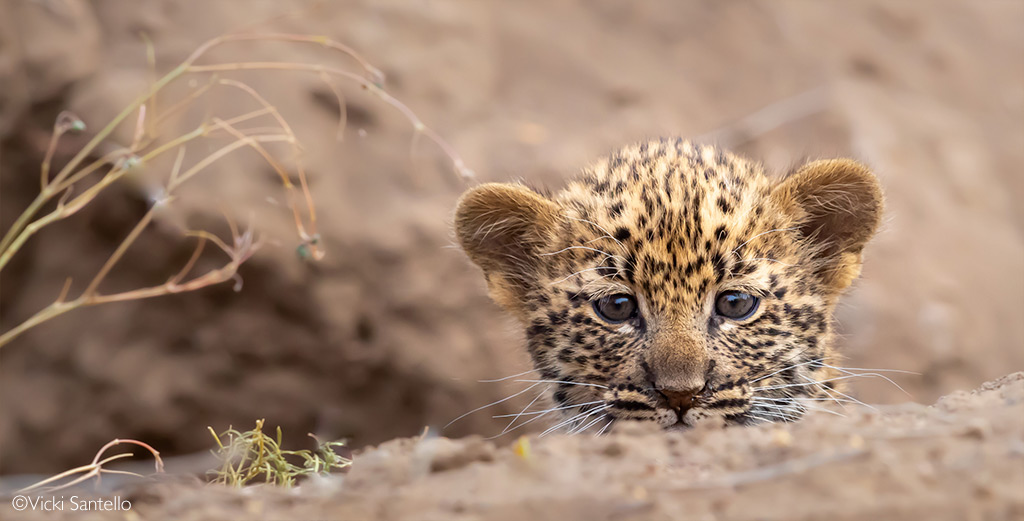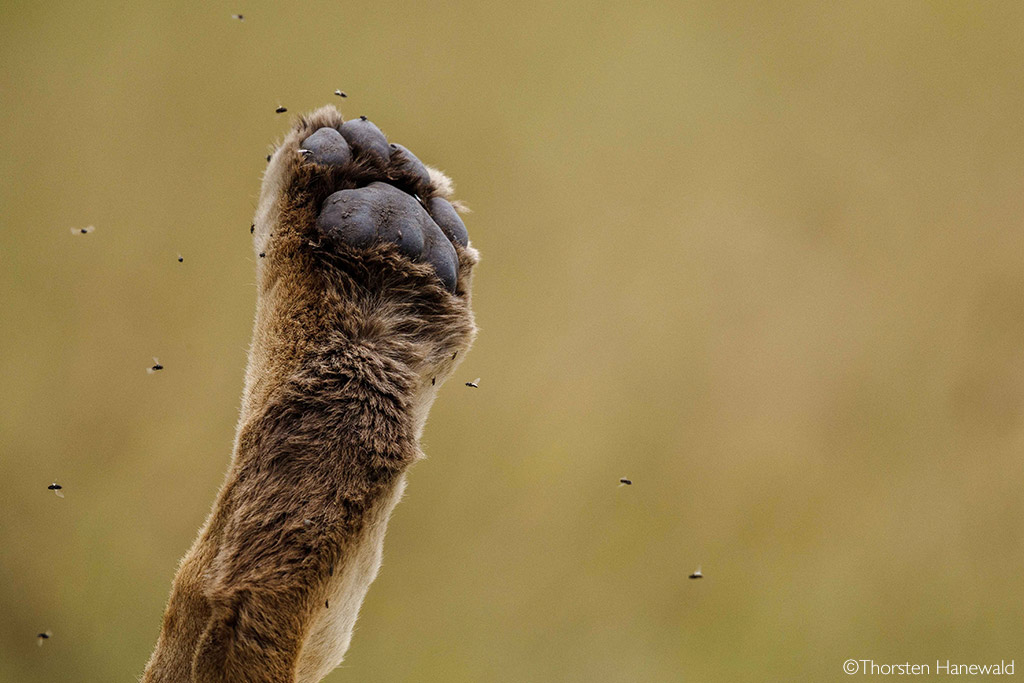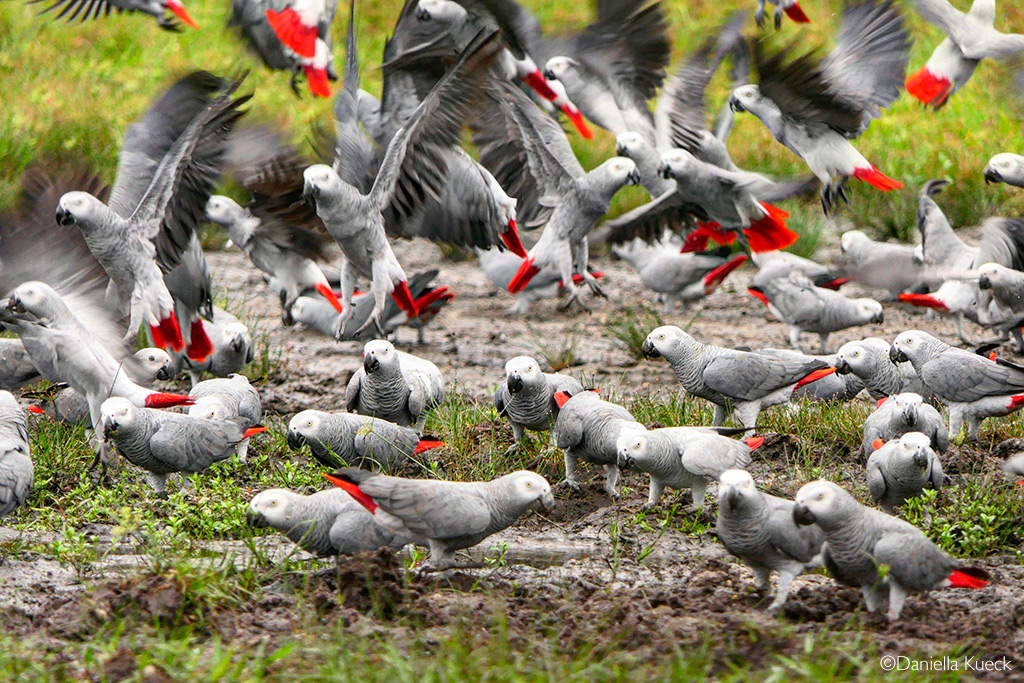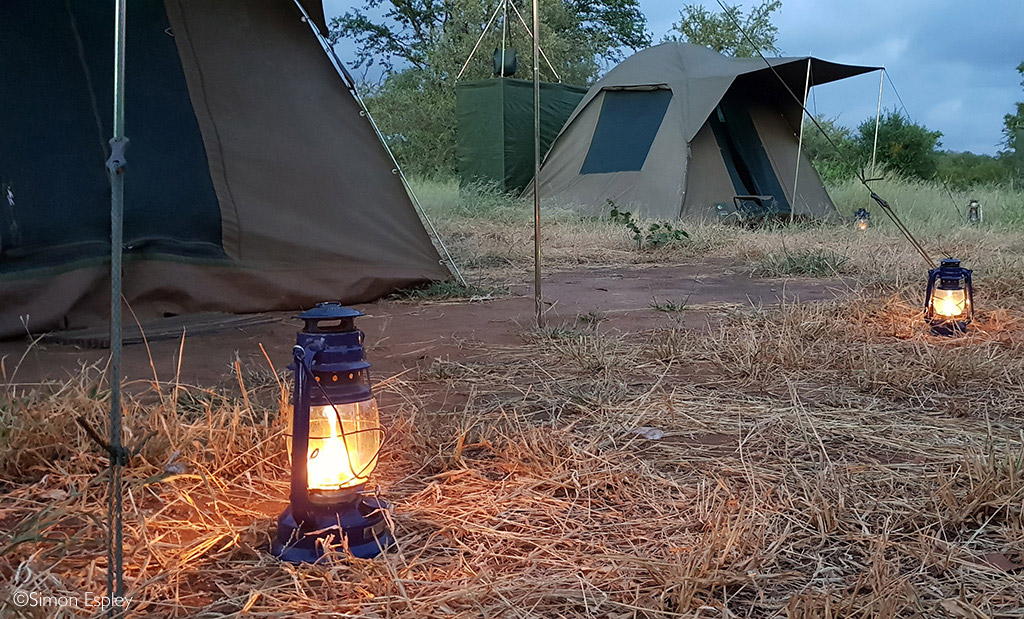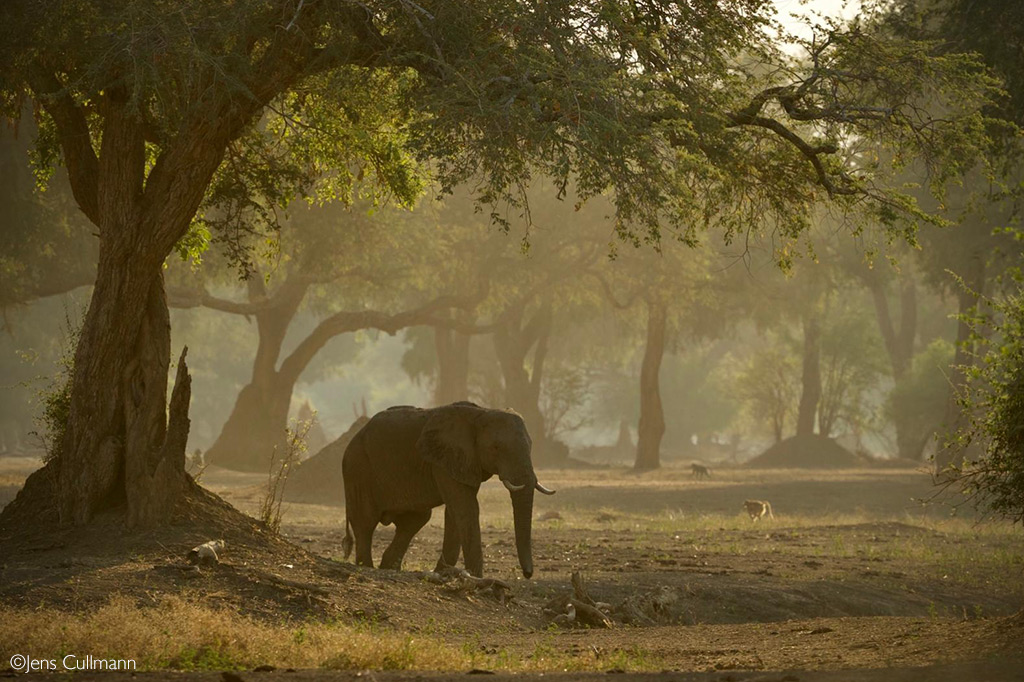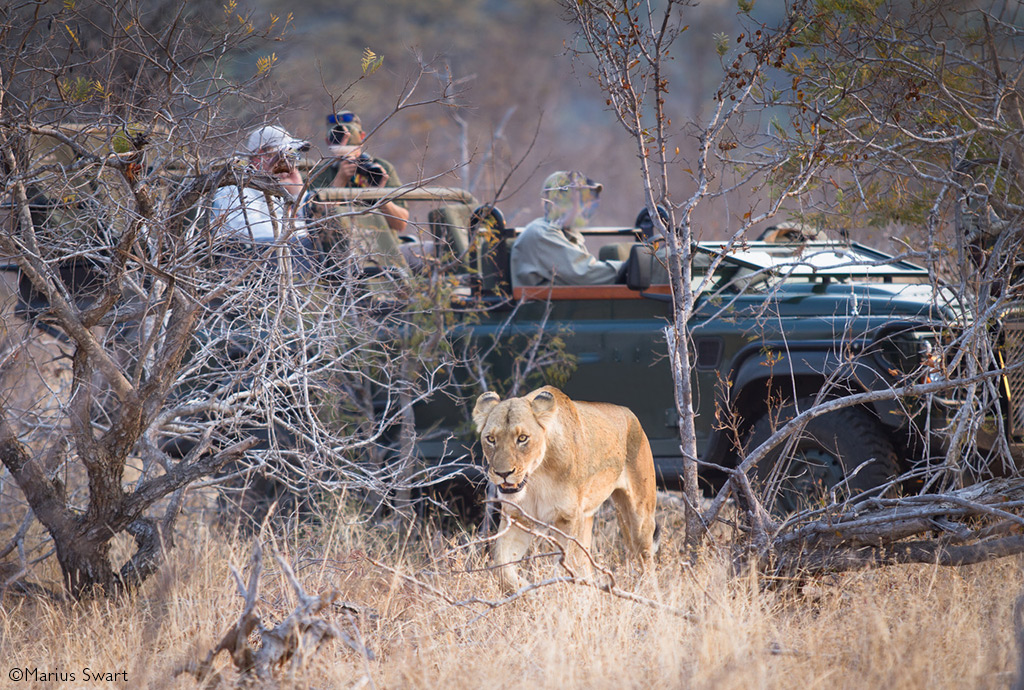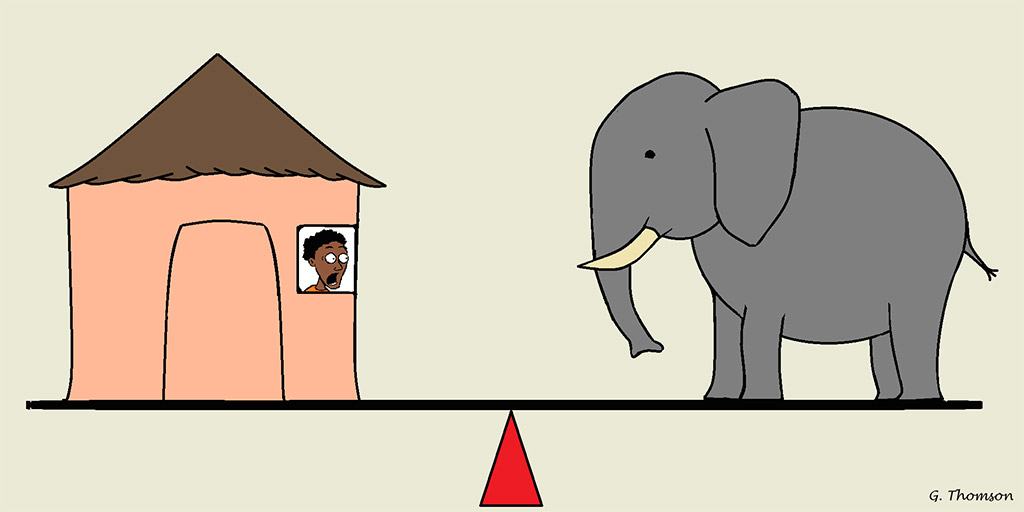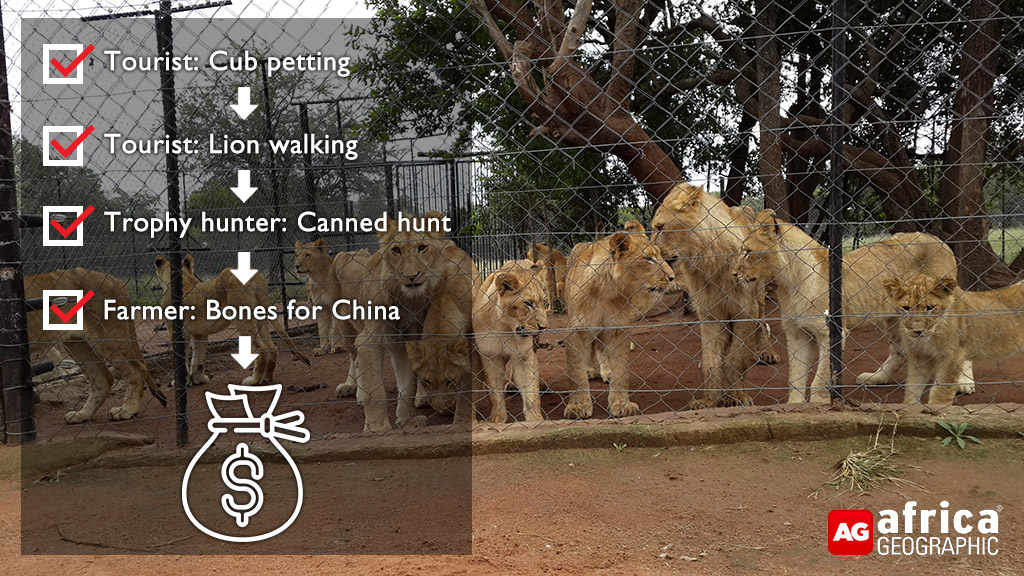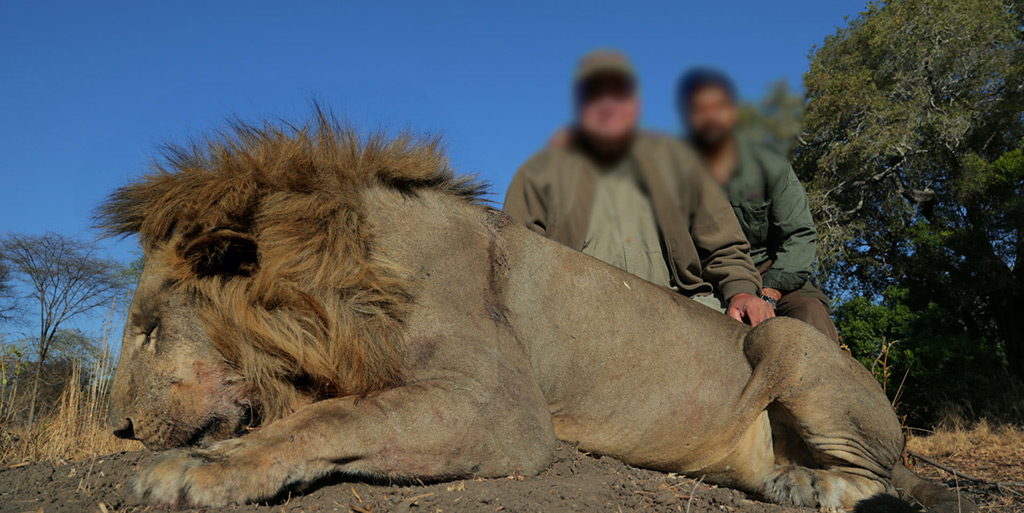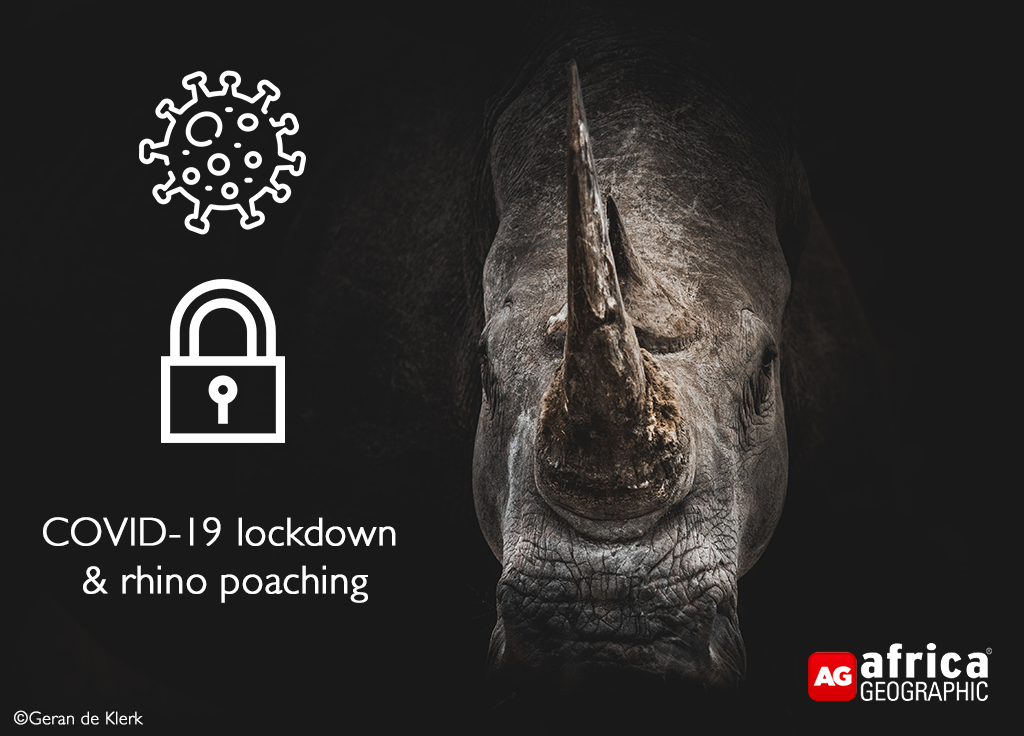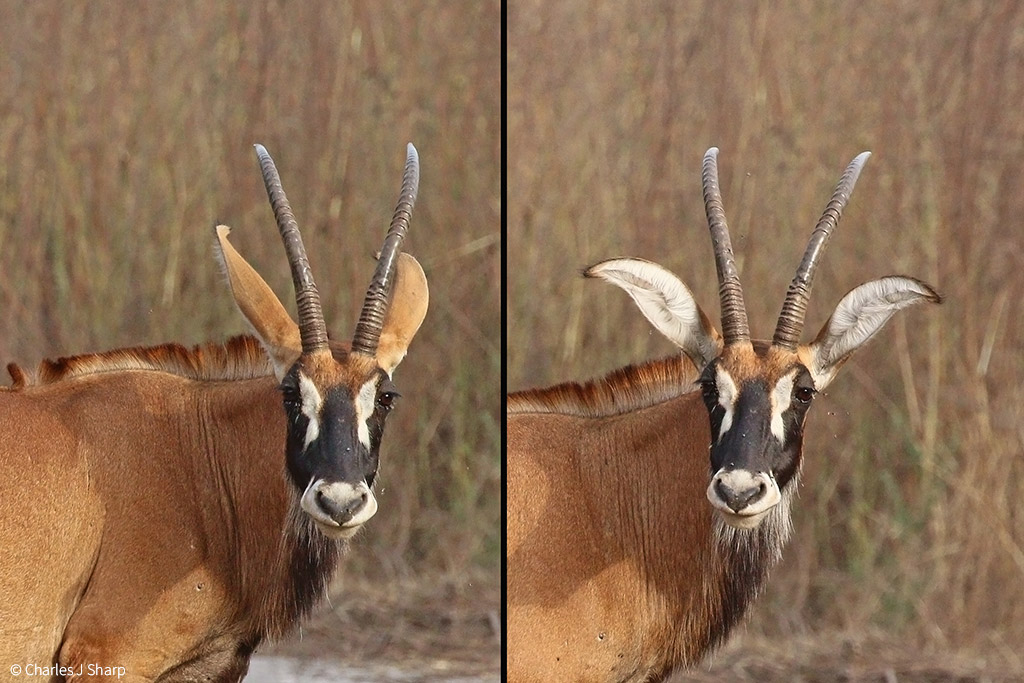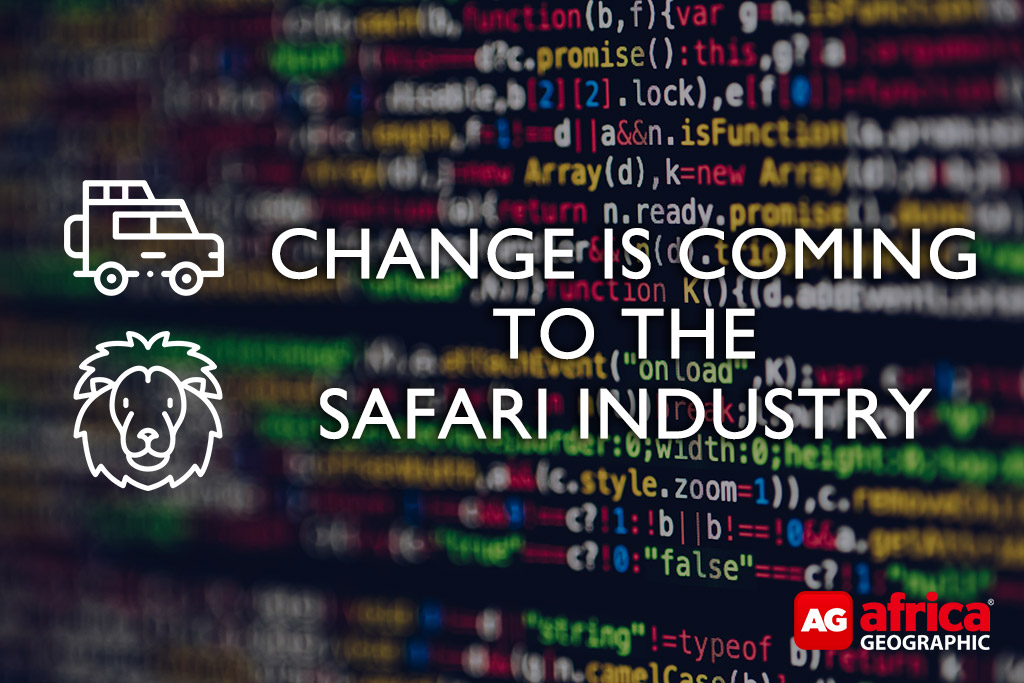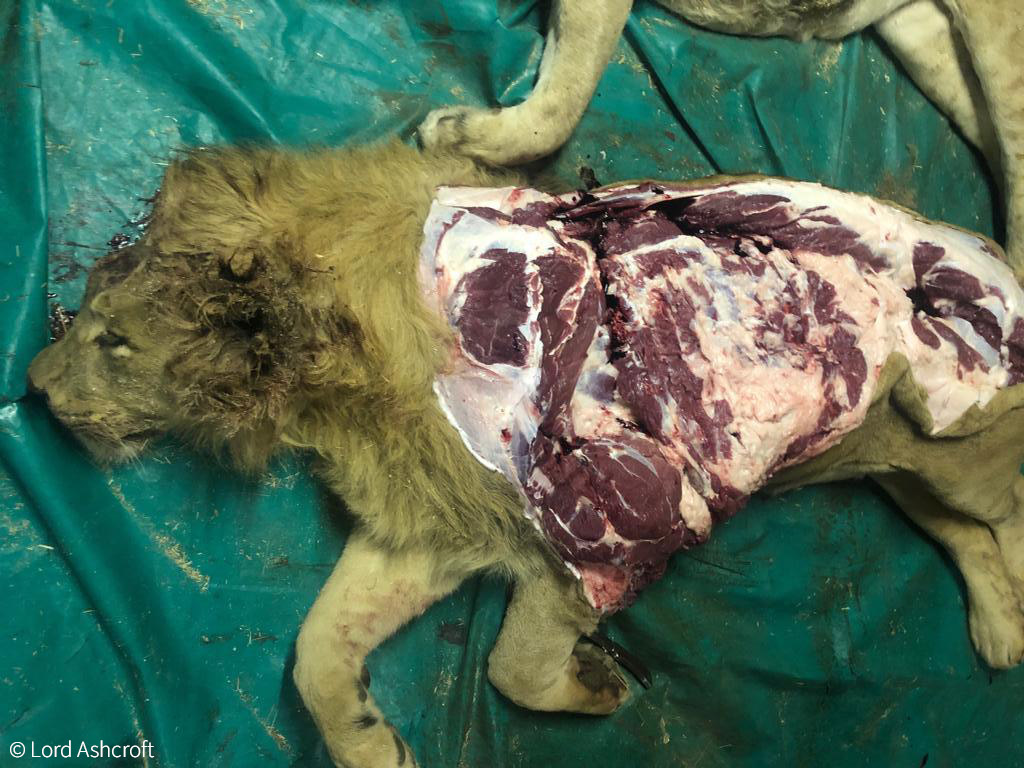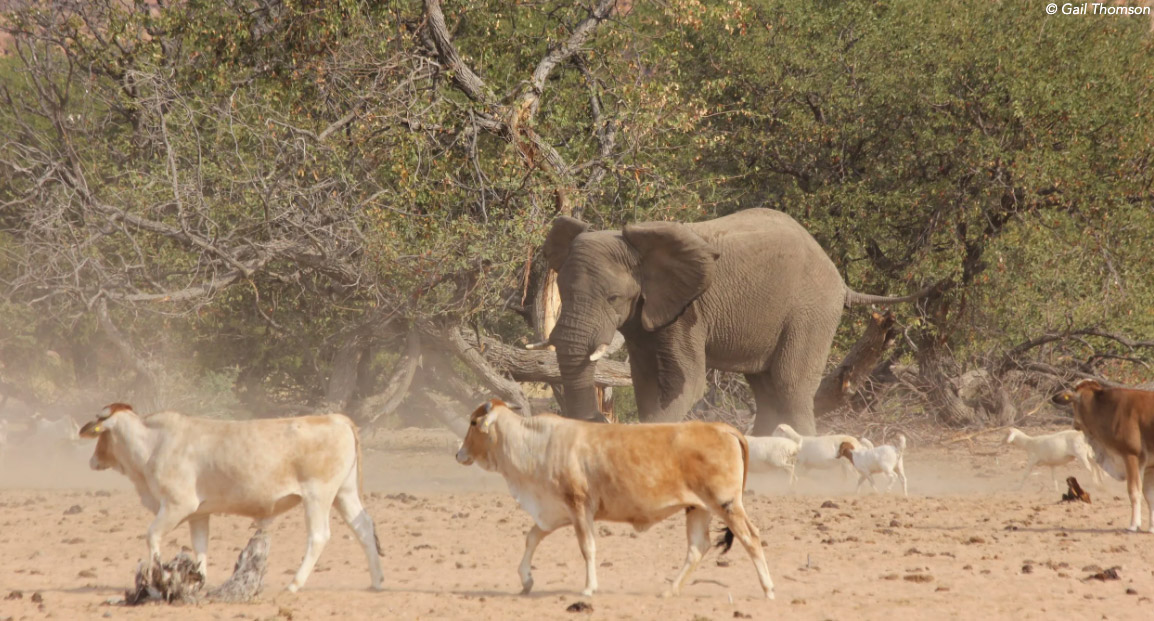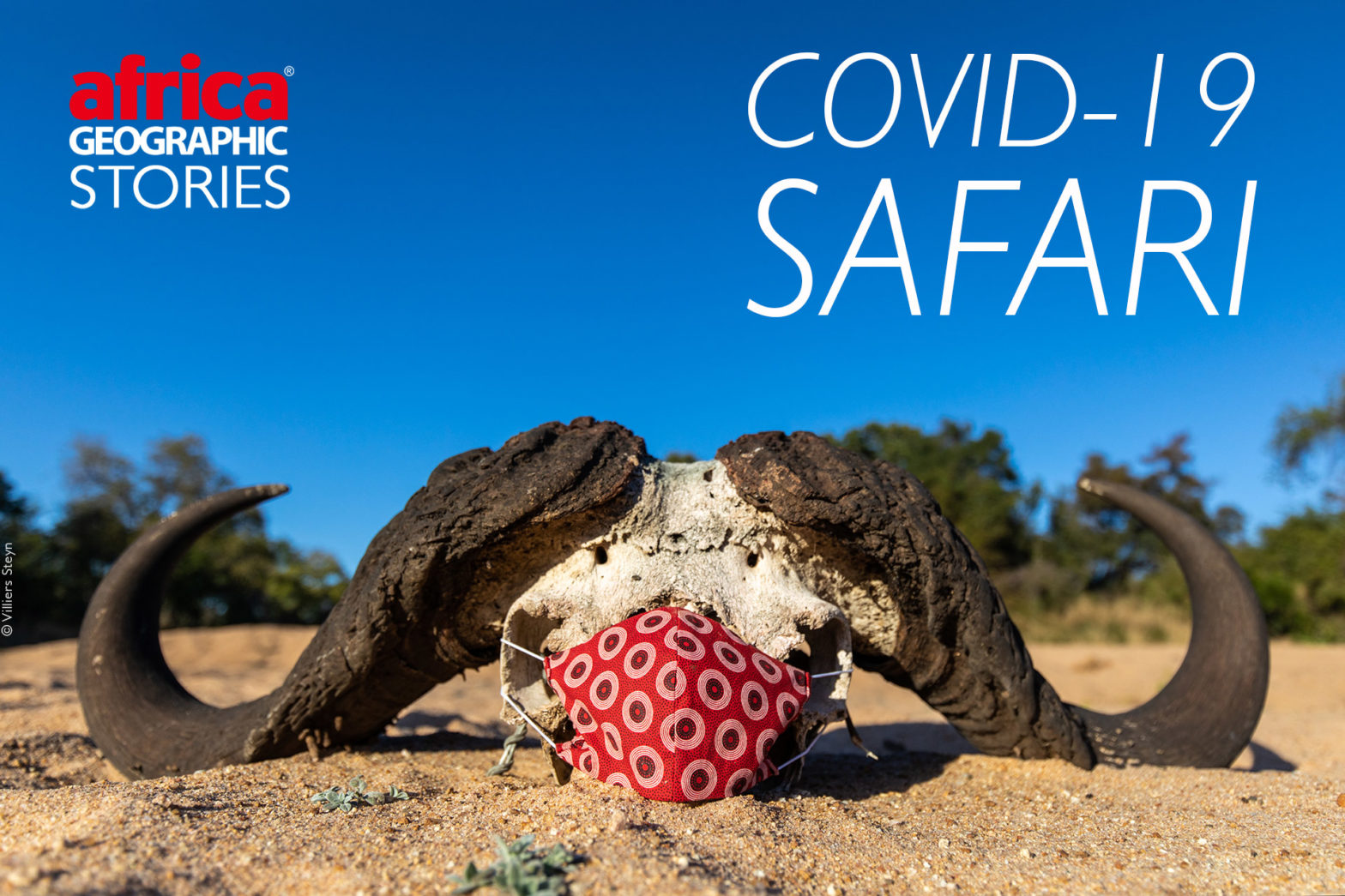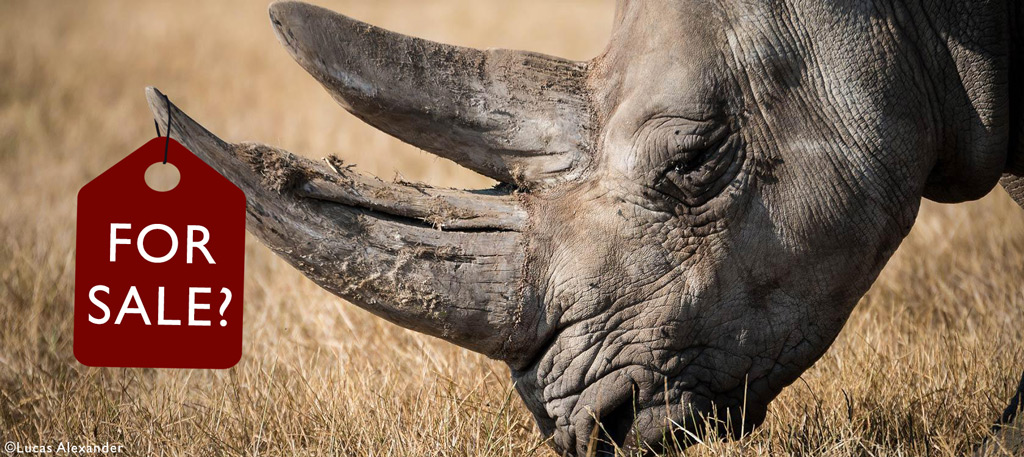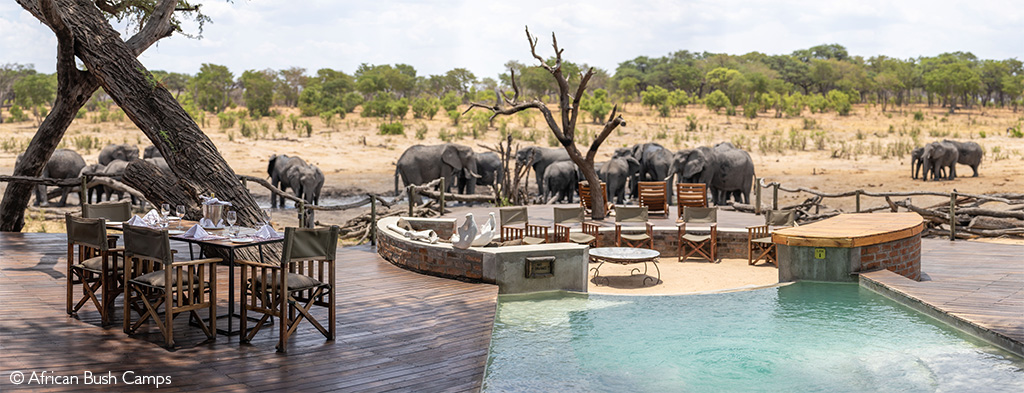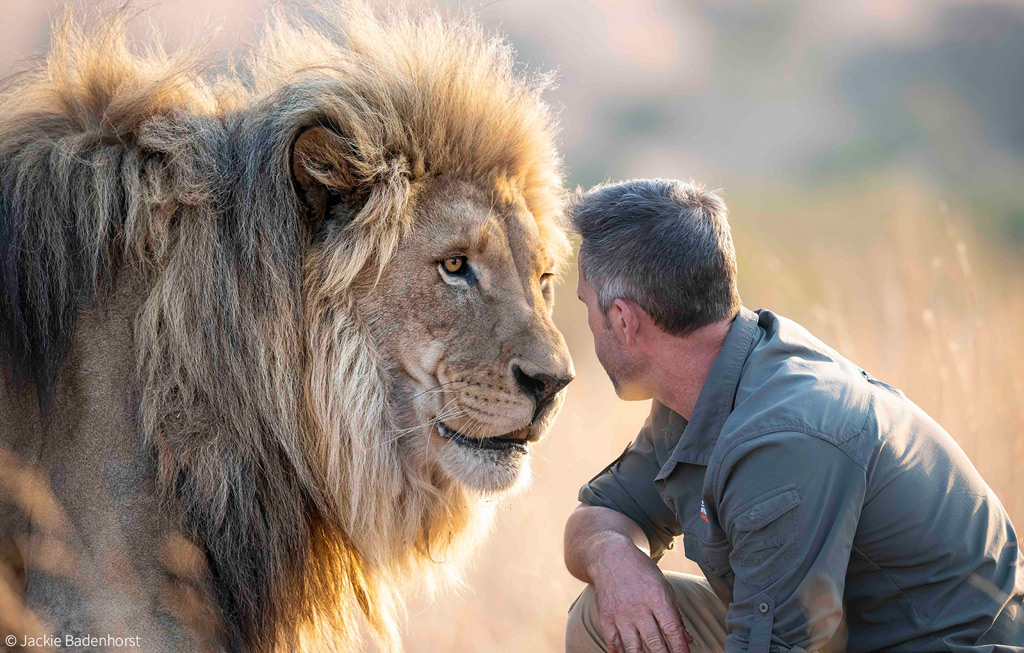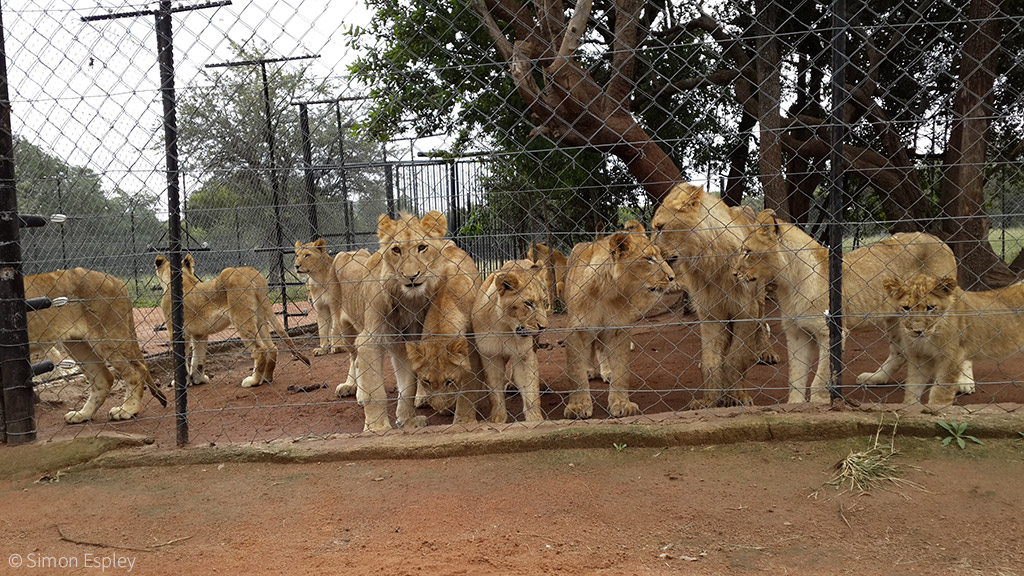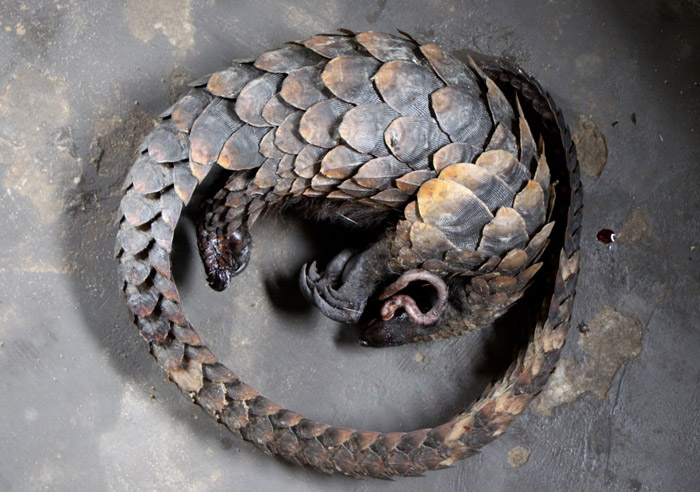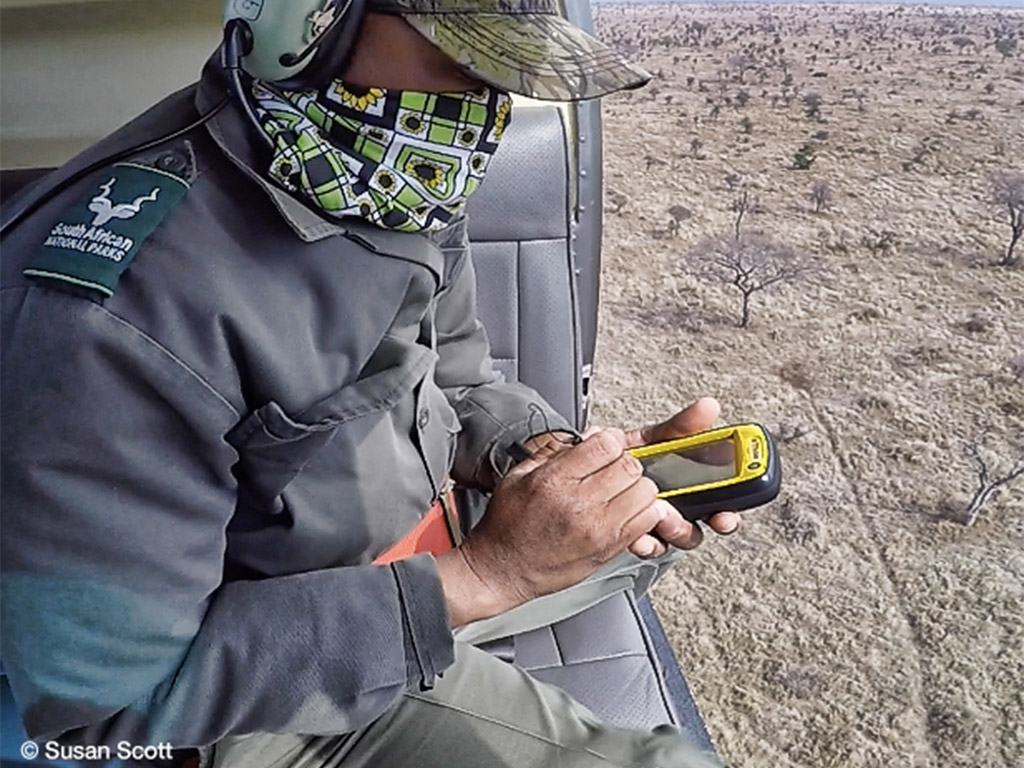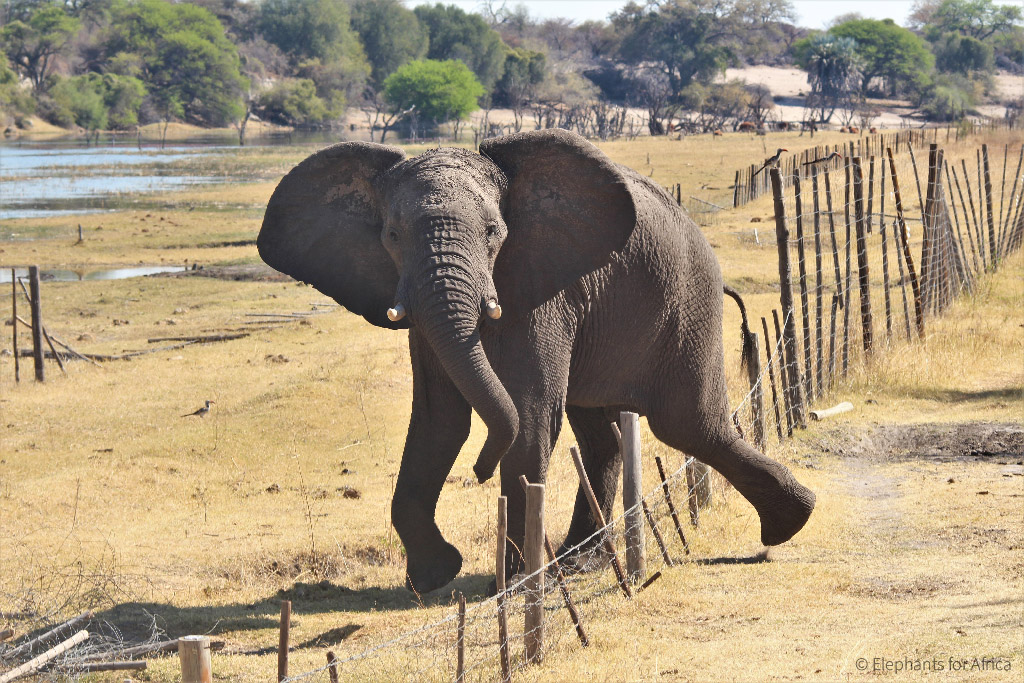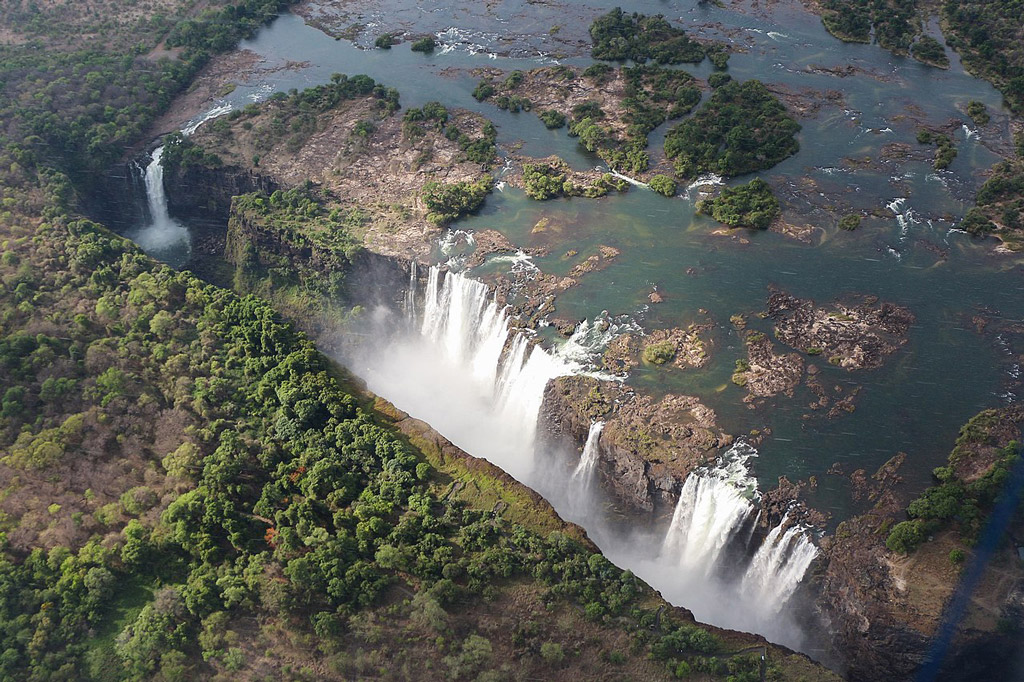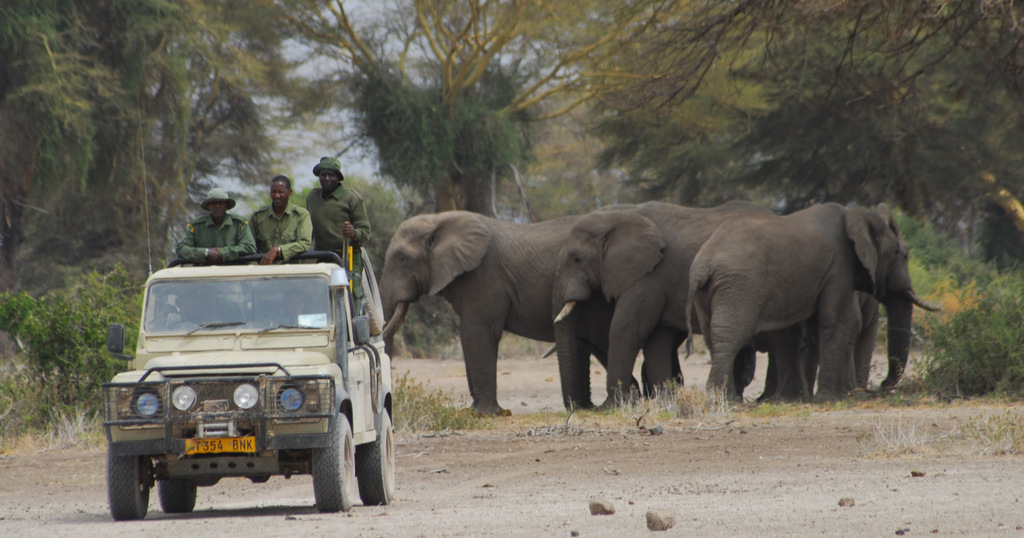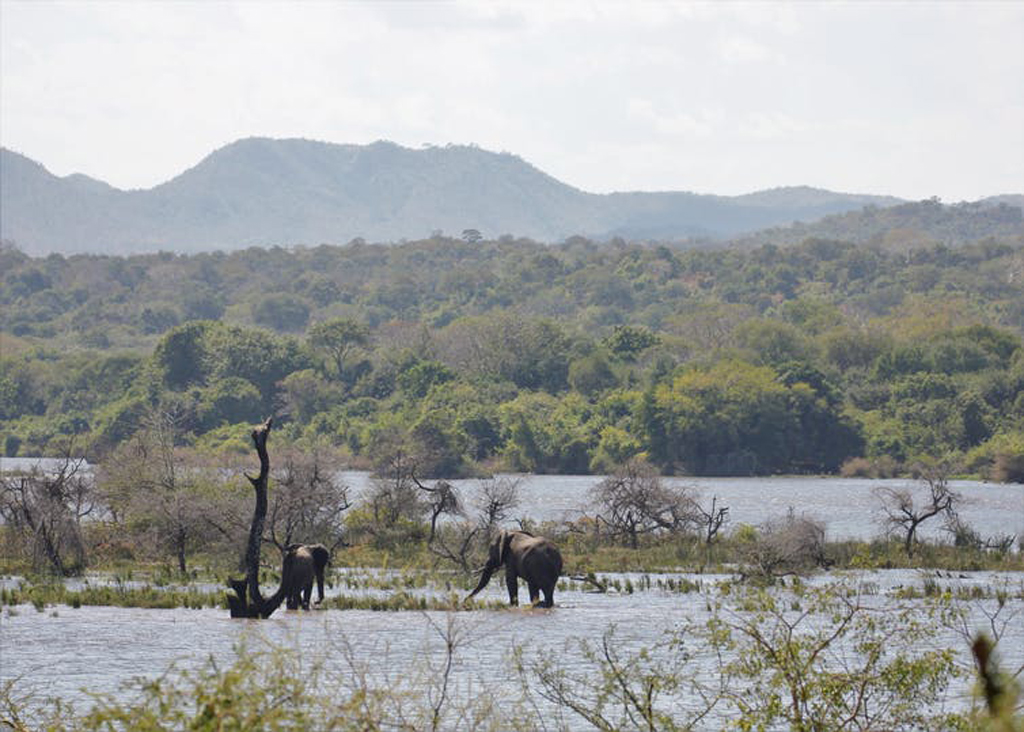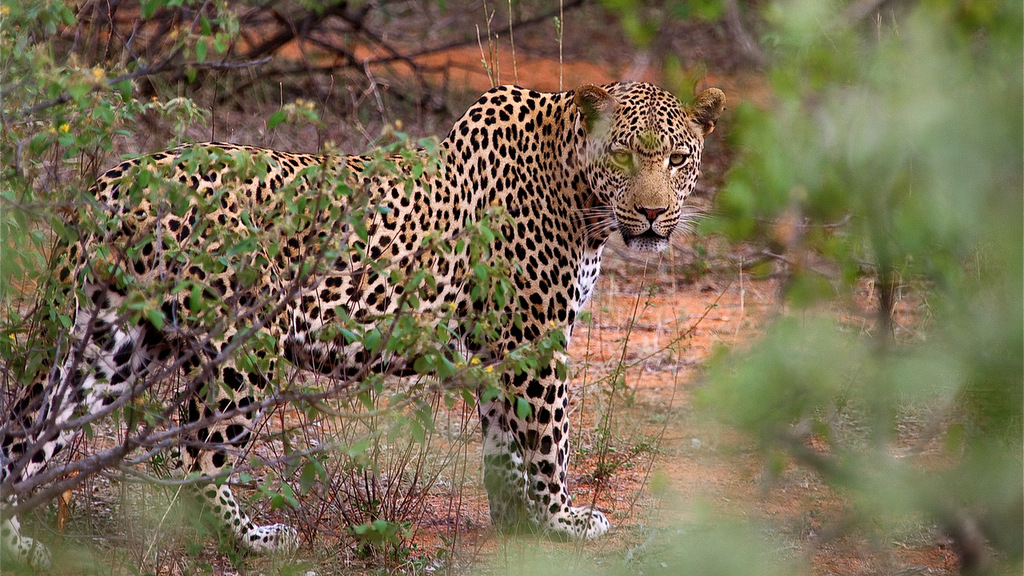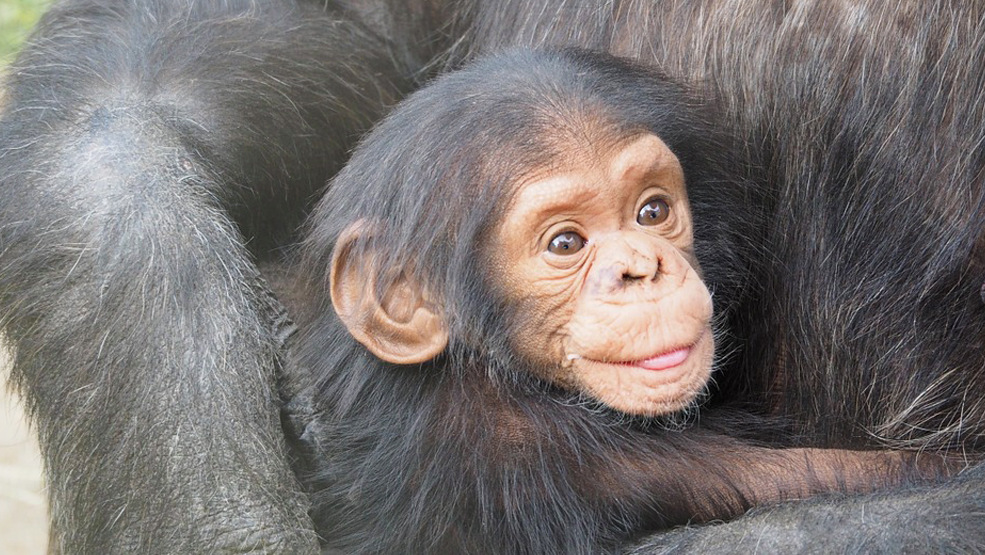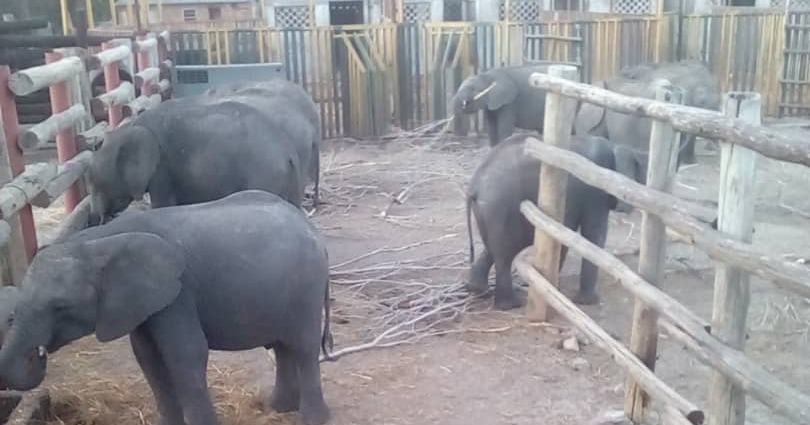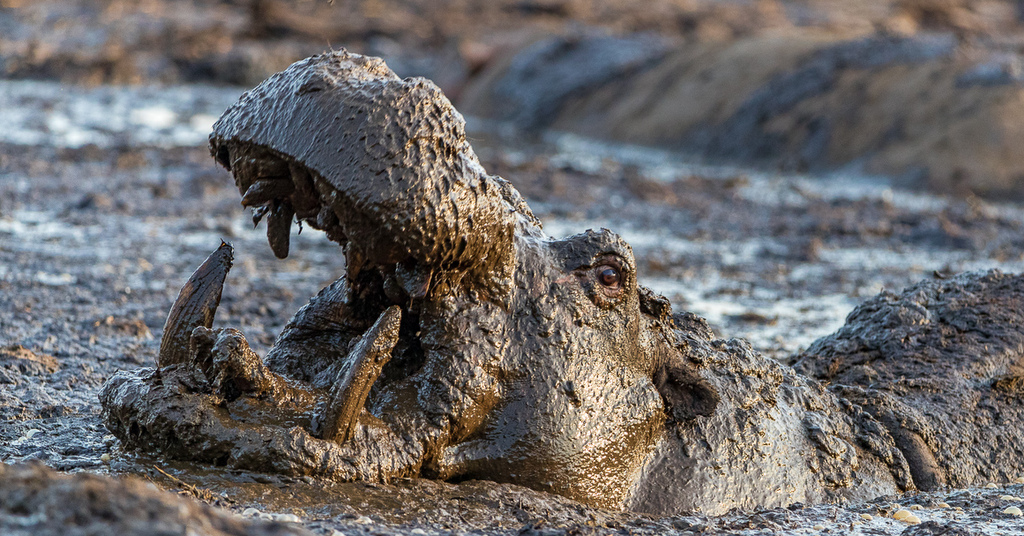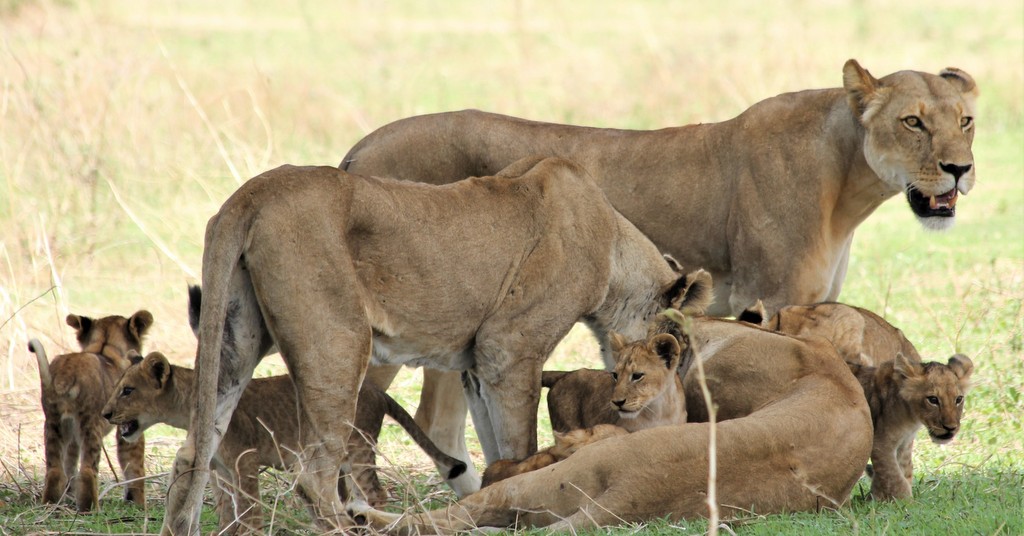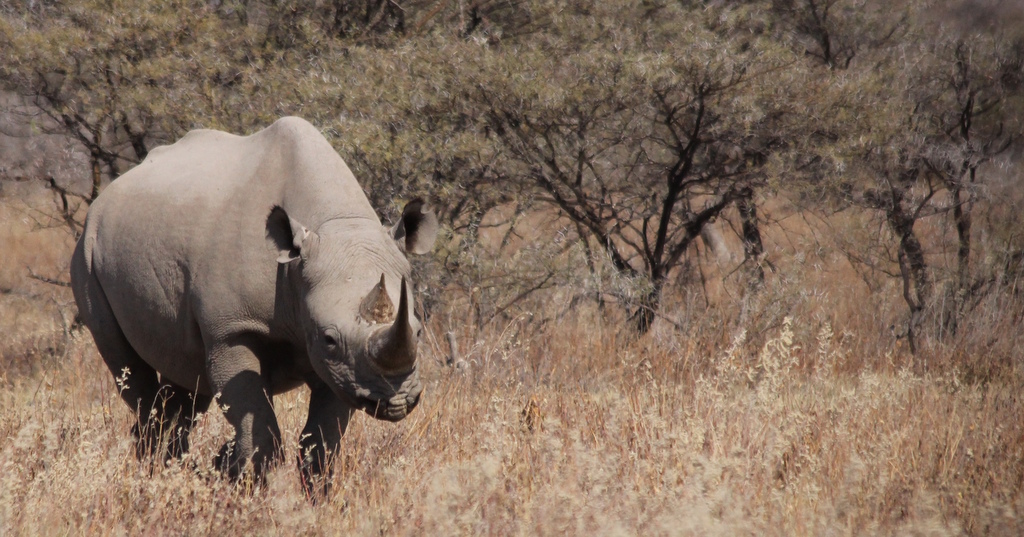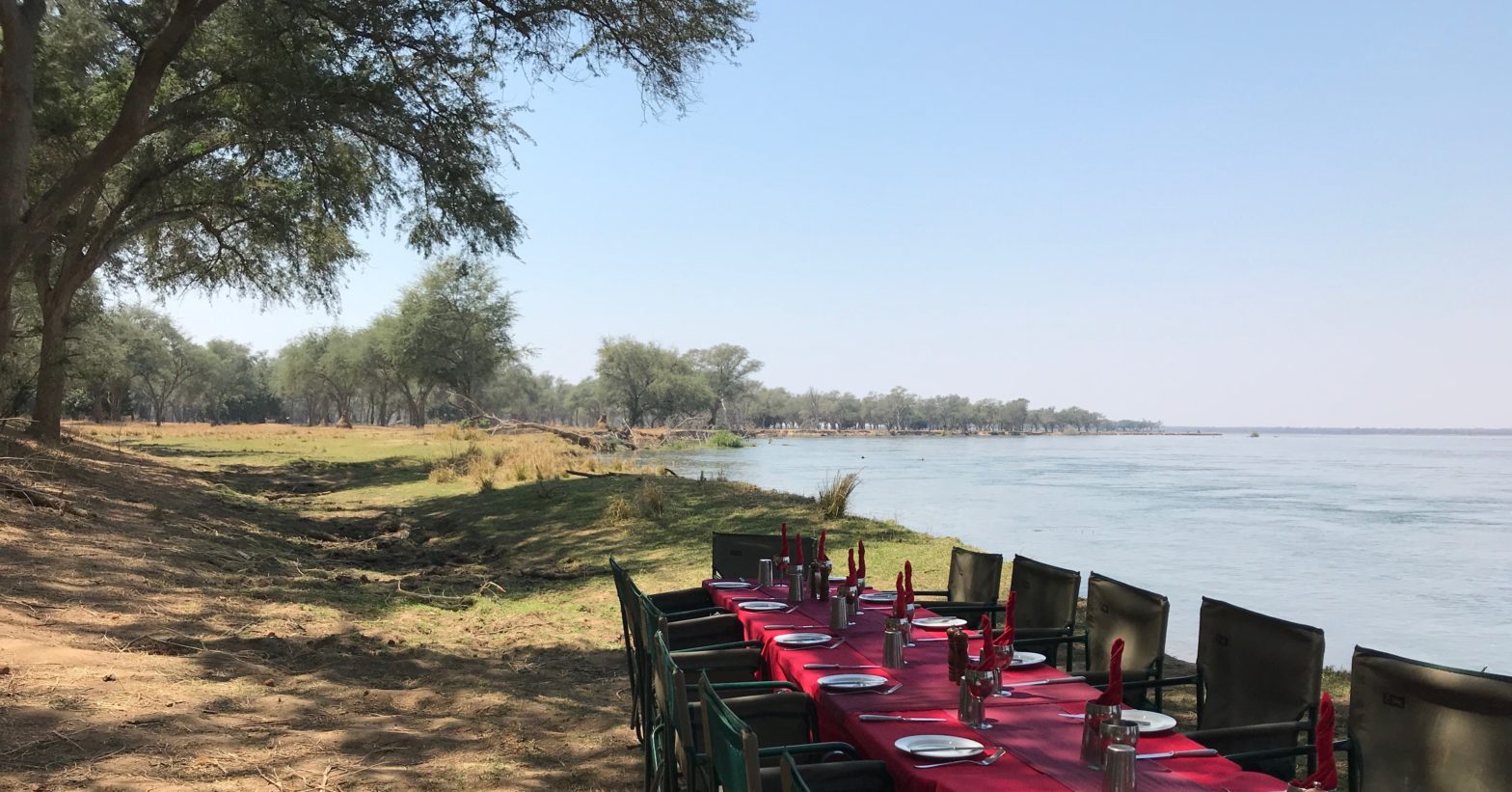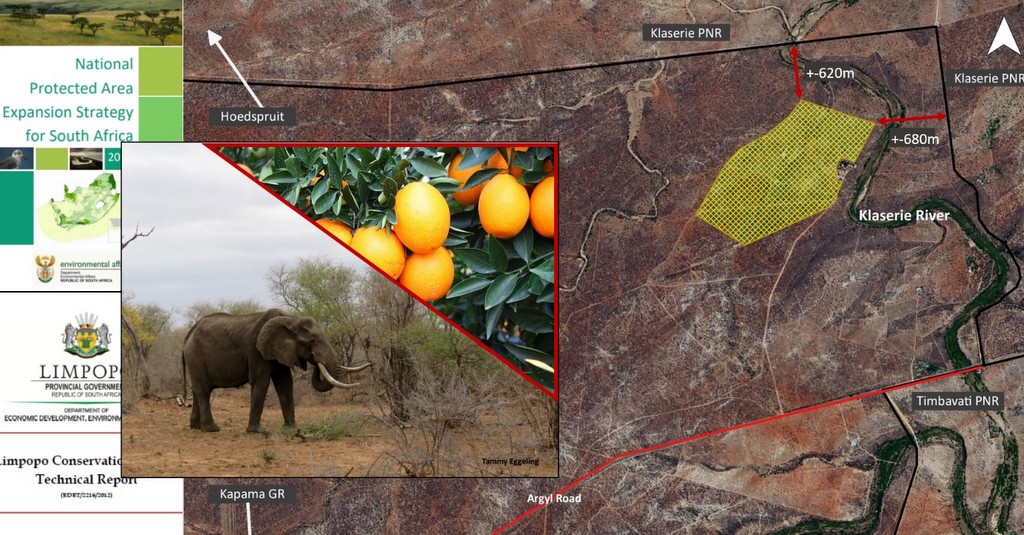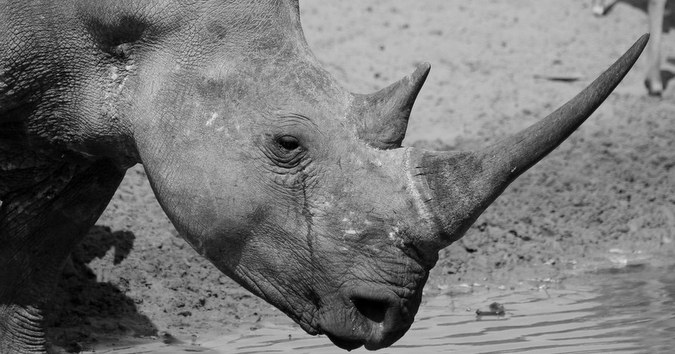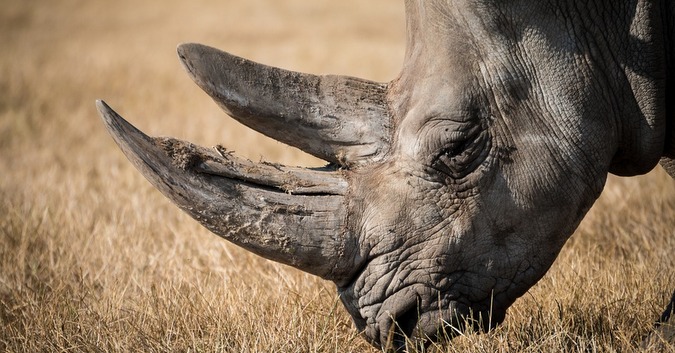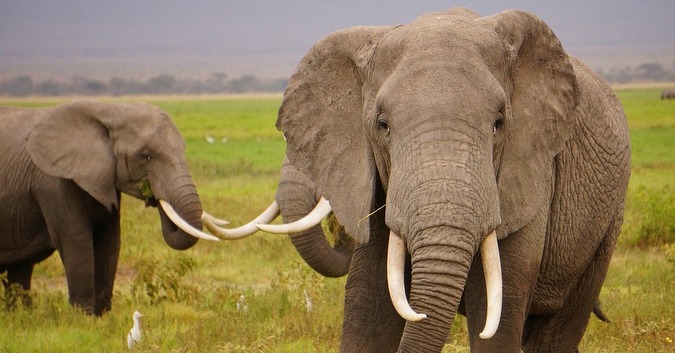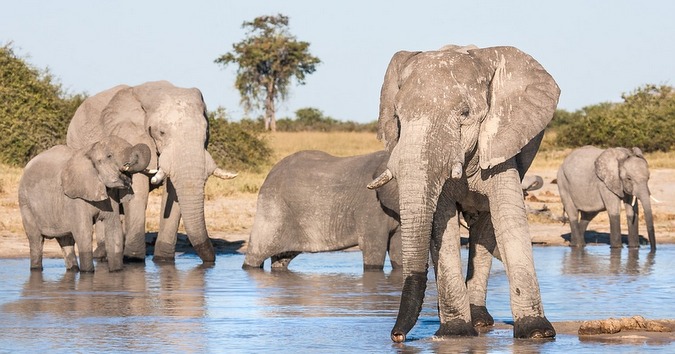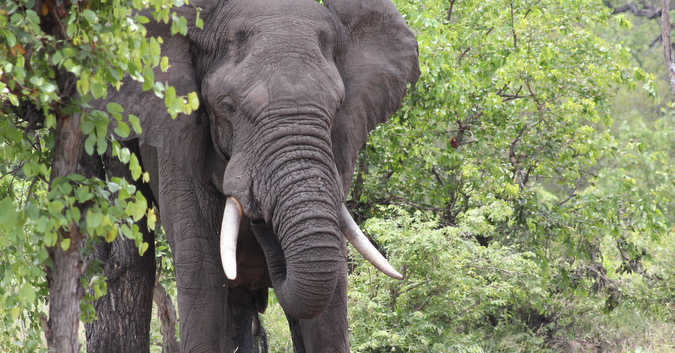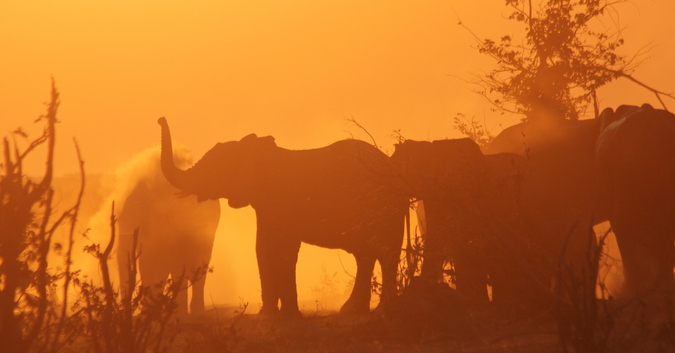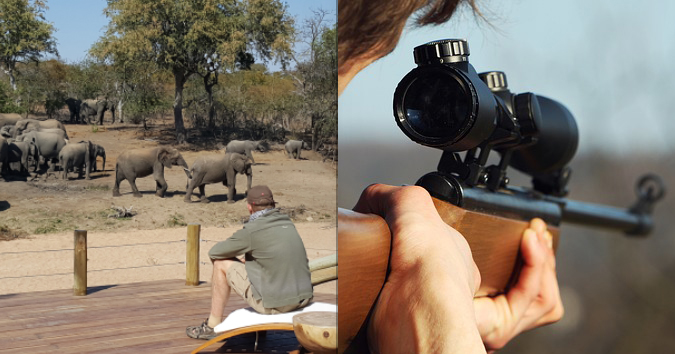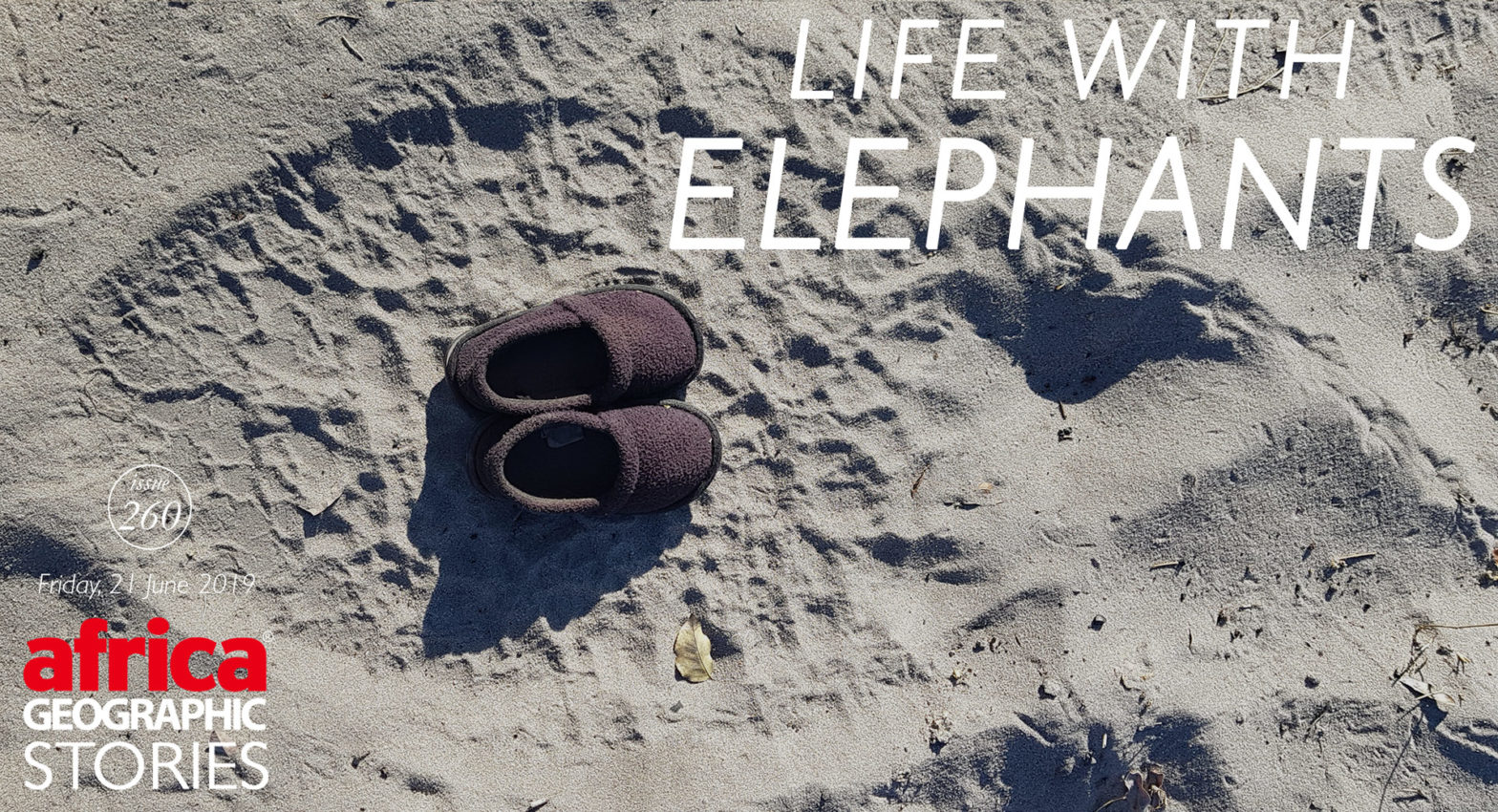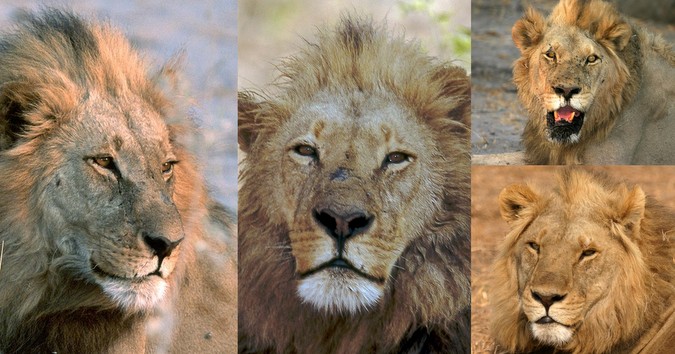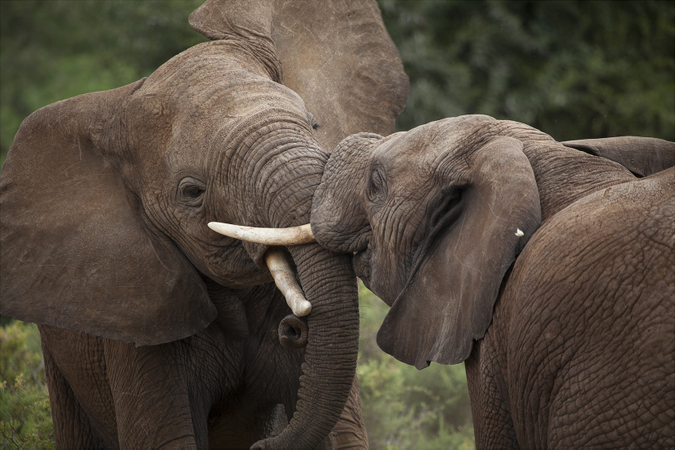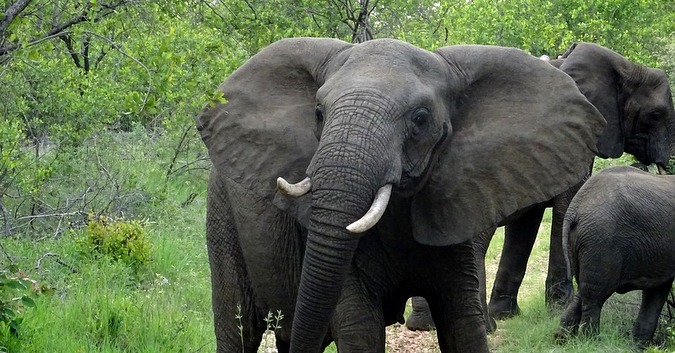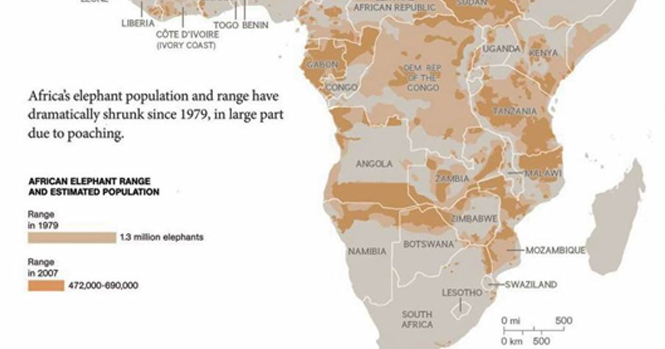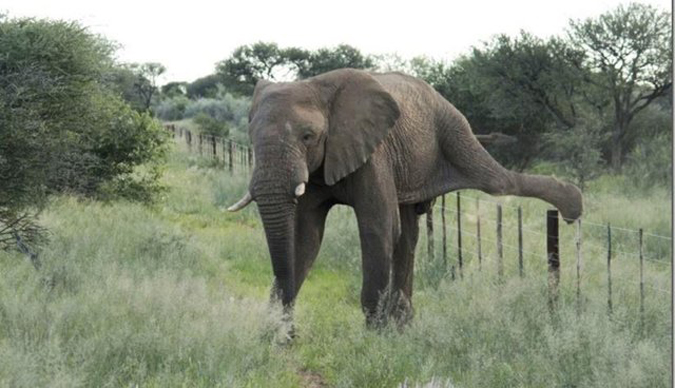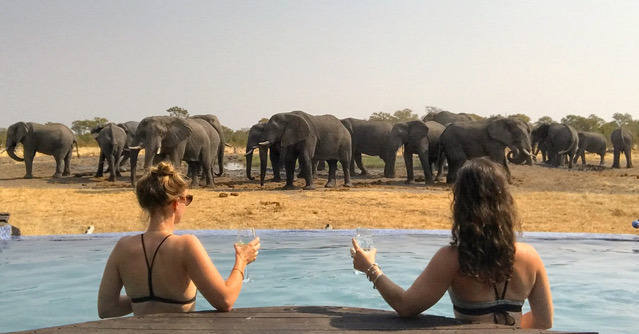CEO note: Crafty strategy + great news + rhino facts
Category Archives: Opinion Editorial
CEO note: Free at last + Hwange + the edge
CEO note: Free at last + Hwange + the edge
CEO note: Reality check + another ‘problem’ elephant killed
CEO note: Reality check + another ‘problem’ elephant killed
CEO note: Captive-bred lion hunting not ‘fair chase’ + Lost & found
CEO note: Captive-bred lion hunting not ‘fair chase’ + Lost & found
CEO note: Perfect storm alert + Mana Pools
CEO note: Perfect storm alert + Mana Pools
CEO note: Strawberry leopard + here be dragons + living next door to a poacher
CEO note: Strawberry leopard + here be dragons + living next door to a poacher
Ignorant complicity amongst some safari guides
This refreshingly honest opinion editorial looks at eco-ethics amongst safari guides as they go about finding animals for guests
The great elephant balancing act
Elephants are amazing animals and a favourite for holidaymakers on safari. BUT meeting an elephant at night near your home can be terrifying
Lion farming – Lord Ashcroft submission to South African High Level Panel
Lion farming presentation by Lord Ashcroft to the High-Level Panel looking at the management of lions and other species in South Africa
Lion trophy hunting – we interview Craig Packer
We interview researcher and conservationist Craig Packer about lion trophy hunting – with a focus on Tanzania, his former home
Rhino poaching stats 2020 – more shades of grey
Rhino poaching for 2020 is lower because of the COVID-19 lockdown – although SA Minister claims the victory for her team
Kruger roan antelope deaths by neglect – more of the same, says informant
Roan antelope in Kruger breeding camps are dying due to neglect, with reasons varying from dehydration to disease – here are the facts
Change is coming to the safari industry
This story is about how technology and human nature are shaping the future of your dream hand-crafted safari – is that a good thing?
Lion cubs to bones – we interview Lord Ashcroft about ‘UNFAIR GAME’
We spoke to Lord Ashcroft about his book UNFAIR GAME – a must-read exposé of South Africa’s morally bankrupt captive lion breeding industry
Can CITES be fixed? Practical suggestions that make sense are being ignored
CITES is failing to protect species from too much international trade. Here are some practical solutions to CITES problems
Battle for the soul of conservation – compassion vs biology
An academic war of words has been waged in the field of conservation science over the seemingly innocuous term ‘compassionate conservation’
COVID-19 safari during lockdown: we test-drive
What will a Covid-19 safari be like under South Africa’s lockdown rules? We test-drive a lockdown safari in Timbavati, Greater Kruger
Rhino horn trade – Tourism & conservation leaders lobby SA minister Creecy
Rhino horn trade: submission to the advisory committee of South Africa’s Minister of the Environment Barbara Creecy about trade
Safari lodges – surviving the Covid-19 lockdown
Covid-19 lockdown: We spoke to several African safari lodge owners to better understand the economic impact and their future plans
Kevin Richardson, the ‘Lion Whisperer’ – hard questions and frank replies
Kevin Richardson, AKA ‘Lion Whisperer – some hard questions and frank replies about his public shows of affection for his captive lions
Farming wild animals – is China the model for South Africa?
Farming wild animals is a big industry in South Africa but not near the Chinese scale. Should SA follow China’s lead, as it seems to be doing?
Coronavirus has finally made us recognise that illegal wildlife trade is a public health issue
The global Coronavirus COVID-19 pandemic may prove to be an important moment in the attempts to address the illegal wildlife trade.
COVID-19: Will African governments now crackdown on illegal wildlife trade?
With COVID-19 killing people and wrecking economies, will African governments at last treat wildlife trade as a serious issue?
Latest rhino poaching stats: shades of grey
Rhino poaching stats released by South African government do not tell the true story of how dire the situation is, say STROOP team
Trophy hunting: rural communities respond
Opinion: Rural communities are the custodians of African wildlife and deserve to have their voices heard in the trophy hunting debate.
Victoria Falls drying up? Fake news versus fact
Victoria Falls is not running dry, despite what some international news media keep telling us. Here are the facts.
Communities delivering conservation impact & wildlife recoveries
Opinion: Communities are delivering significant conservation results equivalent to those of government parks and reserves.
Conservation needs diversified approaches – opinion
Scientists suggest alternative land-use models to trophy hunting – models that are more inclusive of local people.
Leopard hunting: CITES quotas not sustainable, say researchers
CITES trophy hunting quotas for leopards are arbitrary and not sustainable, says research. Read here to find what the 3 researchers recommend.
Smoked baby chimpanzee on hotel menu, says NGO
Smoked baby chimpanzee on the menu at prominent DRC hotel, says NGO.
Opinion: Zimbabwe’s shameful export of baby elephants under the guise of ‘sustainable use’
Opinion: Export of baby Zimbabwe elephants to China in defiance of CITES is shameful, and makes a mockery of ‘sustainable use’.
Katavi National Park takes radical action on hippos
Opinion by biologist: Controversial dam being built in Tanzania’s remote Katavi National Park to save hippos may have negative environmental consequences.
Opinion: Trophy hunting is not all black and white, says conservation biologist
Trophy hunting: Conservation biologist explains the complexity of the situation in a remote area of Tanzania, calls for reason and practical solutions that work on the ground.
Opinion: How hunting black rhino contributes to conservation in Namibia
Black rhino hunts benefit conservation of our rhinos – opinion post by conservationist, on behalf of 64 Namibian conservation organisations.
Crunch time as Zambia’s Lower Zambezi NP comes under mining threat
Will Lower Zambezi National Park in Zambia be mined? The courts will decide soon whether to allow the proposed controversial open-cast copper mine inside the park. The decision on whether it will go ahead will be handed down on 14 October by the High Court of Zambia in Lusaka.
Opinion: Approval of citrus farm on Greater Kruger border puts the region’s Protected Area Expansion Project at risk
Citrus farm approved on the border of Greater Kruger. Concerned protected area managers believe that this will threaten the entire region.
Minister: How many wild rhinos do we have left?
How many rhinos do we have left in our National Parks? An open letter to South African Minister of Environment, Forestry and Fisheries, Barbara Creecy.
OPINION: Rhino horn trade – designing a sales mechanism should international trade become legal
Rhino horn trade: If the international sale of rhino horn was legalised could it be more successful than the previous legal sales of elephant tusks?
Elephants and ivory – CITES CoP18 and what the opposing countries want
Battle lines are drawn at the CITES CoP18 conference which starts this weekend, and elephants and ivory are the controversial issues at play. Here is an opinion post from three organisations about each of the proposals on the table.
Scientists write letter to Botswana president about elephants
Prominent elephant scientists write to Botswana’s President Masisi about strategy to manage elephants and reduce conflict with humans.
Poor fencing has devastating effects on roaming elephants
Elephants are being shot because poor fencing results in elephants roaming into communal lands outside of Songimvelo Nature Reserve in Mpumalanga, South Africa.
Opinion: The untold story behind hunting in Botswana
Hunting in Botswana: Human-wildlife conflict scientist takes a deeper look at whether the historic hunting ban was good or bad for elephants and people.
Yes or no – boycott tourism lodges in Greater Kruger because of neighbouring trophy hunting operations?
Does it make sense to boycott tourism lodges in the Greater Kruger because of trophy hunting on neighbouring properties? Our CEO answers the question.
Life with elephants
Botswana elephant debate: We speak to the MOST important people in this equation – those living with elephants
Opinion: Selinda Reserve in Botswana was not hunted out, say former owners in reply to Dereck Joubert
Previous leaseholders of NG16, also known as Selinda Reserve, respond to Dereck Joubert’s article on the state of the Selinda concession.
Opinion: Europe first plundered elephants for ivory – should Western countries preach to China?
The Elephant Protection Initiative takes a long view and considers the changing role of China in the illegal ivory trade.
Opinion: Trophy hunting in the Greater Kruger versus broader conservation priorities
Trophy hunting in the Greater Kruger – biodiversity conservationist provides perspective, and suggests that well-funded groups opposed to hunting have a disproportionate voice in social media, compared to local communities that are affected by living amongst or near wildlife, and carry the costs.
Opinion: Loss of wilderness is Africa’s primary cause of wildlife population reductions
Lodge owner says that the loss of wilderness areas is the main reason behind reductions in populations of lions, elephants and other species.
Wildlife vet: the Botswana elephant debate is actually about a bigger conservation issue
Botswana elephant debate: Wildlife vet says that this is NOT about too many elephants in Botswana, it’s about too many elephants in areas where humans, livestock and elephants overlap.
Opinion: Put down the petitions – help create alternatives for Botswana beyond elephant hunting
Botswana elephant debate: Tourism marketing manager urges the tourism industry to create alternatives beyond elephant hunting.

